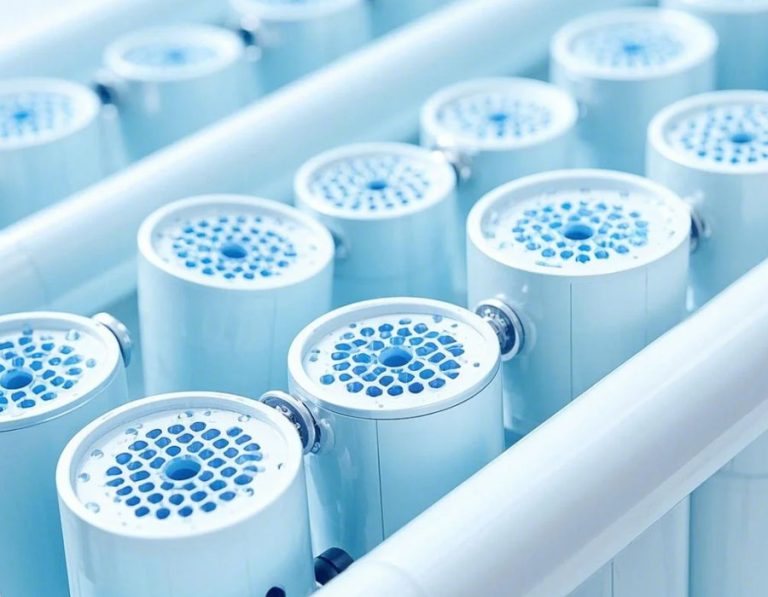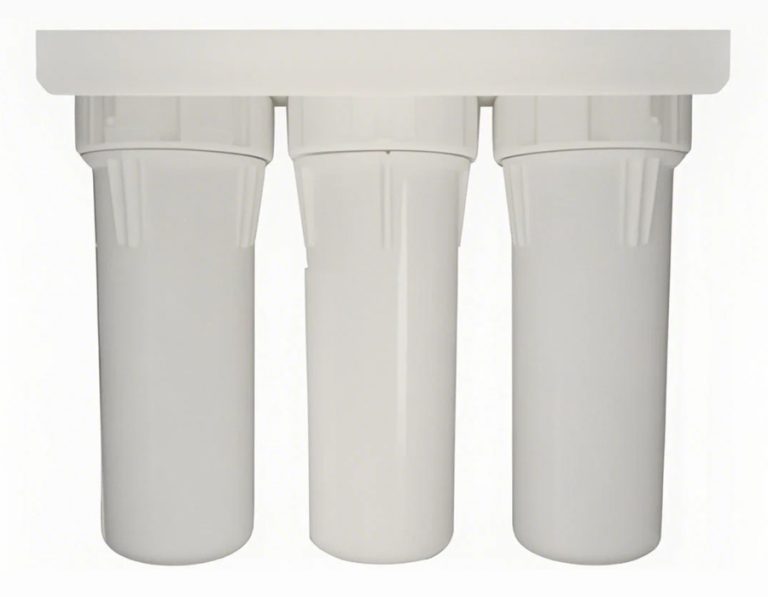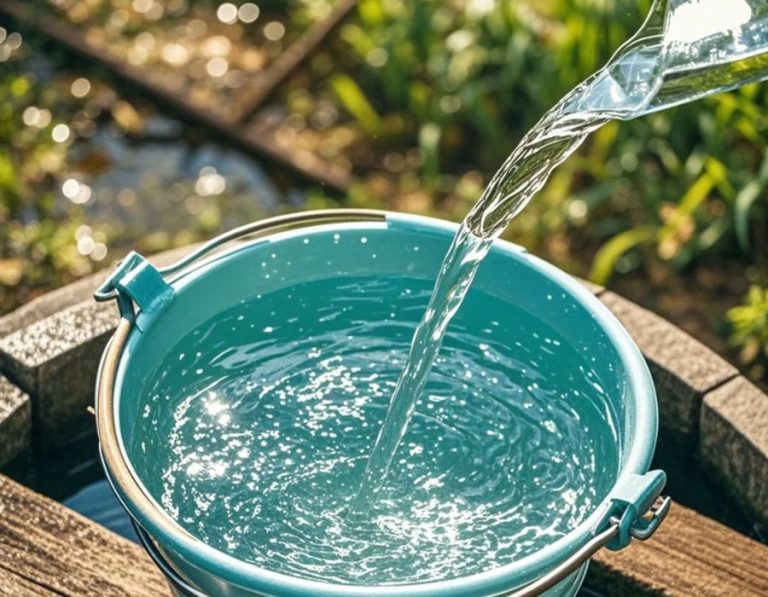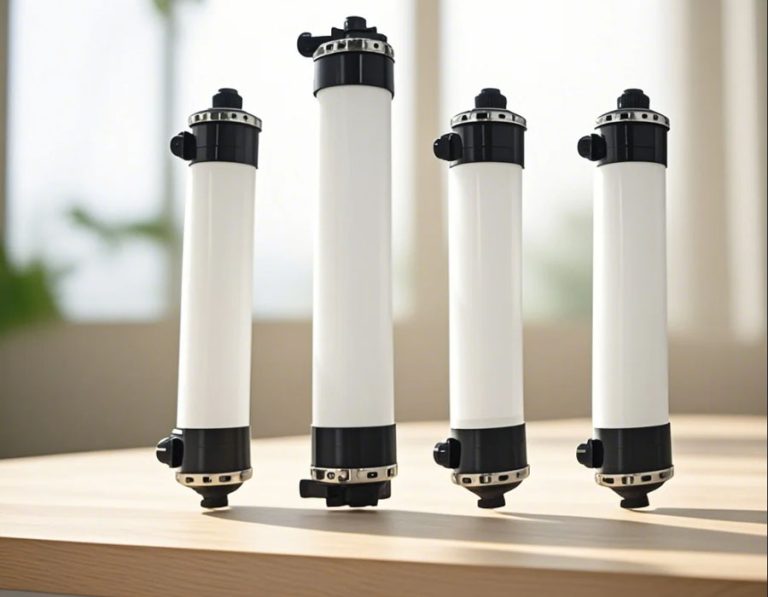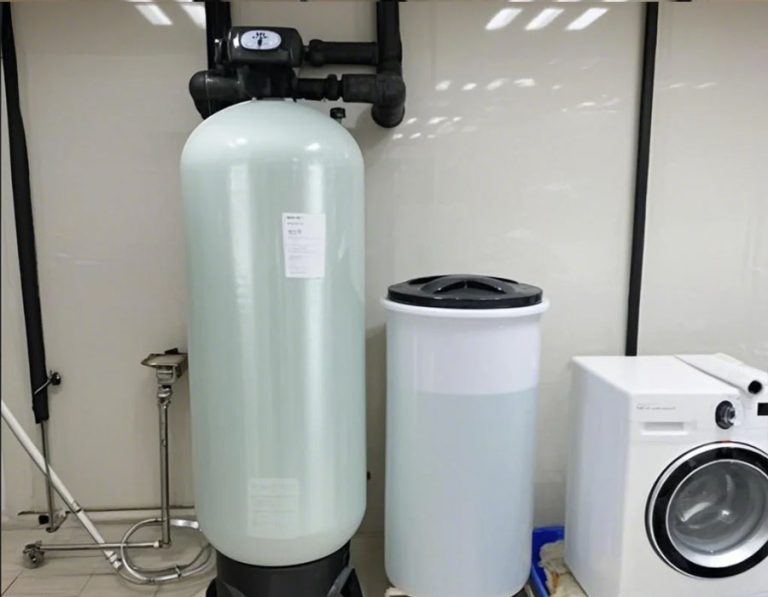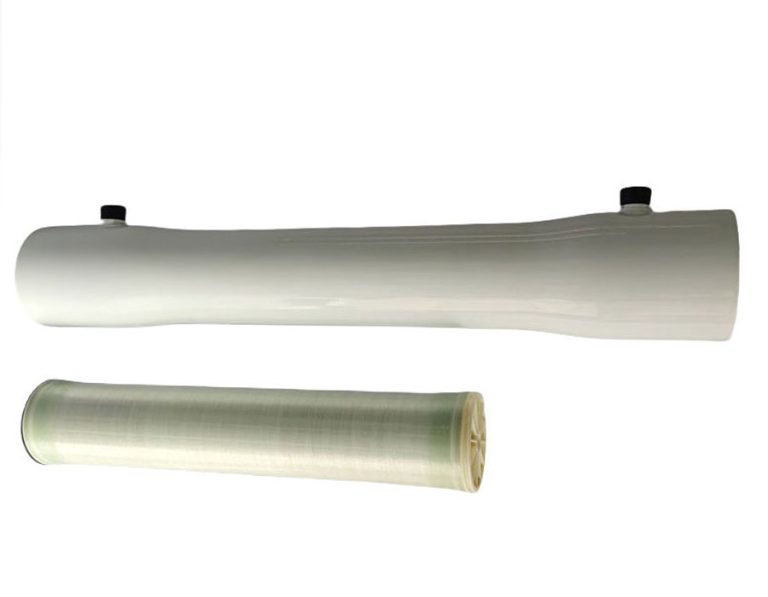One stop supplier of water treatment parts&accessories
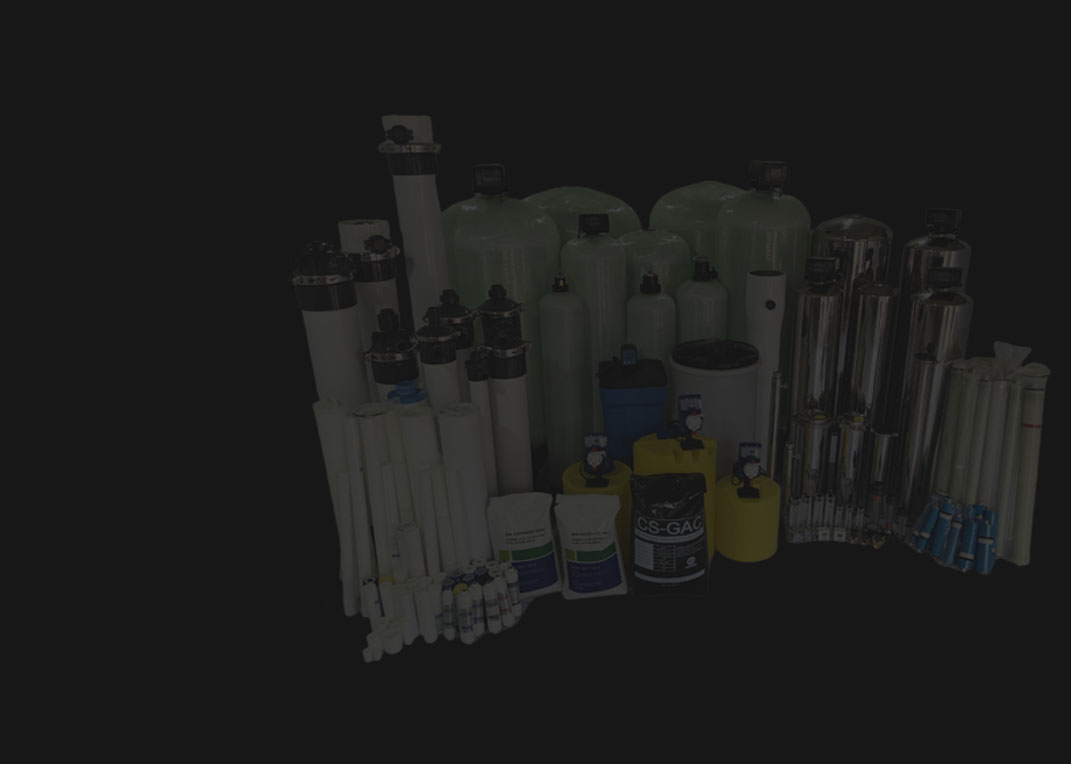
how to fix hard water in house
how to fix hard water in house?Hard water is a common issue in many households, causing problems ranging from limescale buildup to reduced appliance efficiency. If you’re wondering how to fix hard water in house, you’re not alone. This guide will explore practical solutions, including water softeners, and provide a detailed comparison of life before and after installation.
The Hidden Costs of Hard Water: Common Homeowner Pain Points
- Scaling in Appliances:
Hard water leaves calcium deposits in water heaters, dishwashers, and washing machines, reducing efficiency by up to 30%. This leads to higher energy bills and costly repairs. - Skin & Hair Damage:
Soap scum clogs pores and strips natural oils, causing dryness and irritation. Over time, hard water can even weaken hair follicles, leading to breakage. - Plumbing Failures:
Mineral buildup narrows pipes, reducing water pressure and increasing the risk of leaks. In extreme cases, entire plumbing systems may need replacement. - Cleaning Challenges:
Soap scum on glassware, dull laundry, and filmy shower doors become daily annoyances in hard water households.
Why Fixing Hard Water is Essential
Ignoring hard water can lead to costly repairs. Over time, mineral deposits can clog pipes, reduce water pressure, and shorten the lifespan of appliances like water heaters. Moreover, hard water reduces the effectiveness of soaps and detergents, leading to higher utility bills.
Transition Phrase: Therefore, addressing this issue is not just about convenience but also about saving money in the long run.
How to Fix Hard Water in House: Top Solutions
1. Install a Water Softener
how to fix hard water in house?A water softener is the most effective solution for hard water. It works by replacing calcium and magnesium ions with sodium or potassium ions through a process called ion exchange.
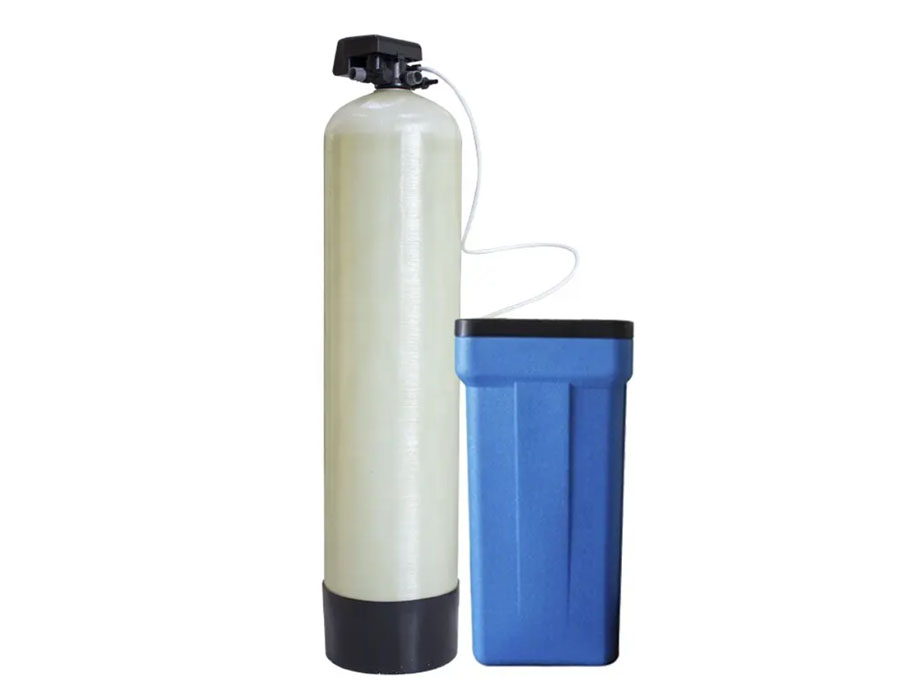
2. Use a Salt-Free Water Conditioner
For those who prefer a salt-free option, water conditioners alter the structure of minerals, preventing them from forming scale. While not as effective as softeners, they are low-maintenance and eco-friendly.
3. Magnetic or Electronic Descalers
These devices use electromagnetic fields to reduce scale buildup. However, their effectiveness varies, and they are best suited for mild hard water issues.
Transition Phrase: On the other hand, if you’re dealing with severe hard water, a more robust solution may be necessary.
Case Study: Life Before and After Installing a Water Softener
Before Installation
- Frequent plumbing repairs
- Spotty dishes and dull laundry
- High energy bills due to inefficient appliances
After Installation
- No more limescale buildup
- Softer skin and smoother hair
- Extended appliance lifespan and lower utility costs
Case Study: Before & After Water Softening in Phoenix, AZ
Household Profile:
- 4-person family
- Water hardness: 220 ppm (severe)
- Frequent plumbing repairs and dry skin complaints
Implementation:
- Installed 64,000-grain ion exchange softener
- Added under-sink RO system for drinking water
- Annual maintenance plan
Results:
| Parameter | Before | After | Improvement |
|---|---|---|---|
| Water Hardness | 220 ppm | 45 ppm | 80% |
| Water Heater Cost | $45/month | $28/month | 38% |
| Dishwasher Lifespan | 4 years | Estimated 8+ years | 100%+ |
| Skin Moisture | 42% hydration | 68% hydration | 62% |
Applications of Soft Water in Daily Life
1. Household Cleaning
Soft water enhances the effectiveness of cleaning agents, reducing the amount of soap needed. This leads to cleaner surfaces and fewer streaks on glassware.
2. Personal Care
Soft water is gentler on the skin and hair, preventing dryness and irritation. It also helps maintain the vibrancy of dyed hair.
3. Appliance Efficiency
Appliances like dishwashers and washing machines perform better with soft water, as it prevents mineral buildup and improves heating efficiency.
Transition Phrase: In addition to these benefits, soft water also contributes to a more sustainable lifestyle.
Choosing the Right Solution for Your Home
1.Consult with water treatment professionals
When deciding how to fix hard water in house, consider factors like water hardness levels, budget, and maintenance requirements. Consulting a water treatment professional can help you make an informed decision.Immediate consultation:+86 13548779363, Email: baside168@gmail.com
2. Based on Water Hardness Level
- Moderate (70-120 ppm): Chelating agents or compact softeners
- High (120-180 ppm): Standard ion exchange system
- Severe (>180 ppm): Commercial-grade softener + RO combination
3.Application Scenarios
| Household Type | Recommended Solution | Key Advantages |
|---|---|---|
| Small Apartment | Countertop RO + descaling tablets | Low cost, space-saving |
| Large Family Home | Whole-house softener + RO | Comprehensive protection |
| Eco-Conscious Home | Potassium-based softener | Reduces environmental impact |
| Rural Property | Well water + iron filter | Addresses multiple contaminants |
Advanced Strategies for Optimal Performance
Replace RO membranes every 2-3 years
Pre-Filtration Systems:
Install sediment filters before softeners to prevent resin fouling from dirt or sand.
Smart Water Management:
Connect systems to smart home hubs for remote monitoring of salt levels and regeneration cycles.
Annual Maintenance:
Flush water heaters annually
Test water hardness every 6 months
Conclusion
Fixing hard water in your house is a worthwhile investment that improves your quality of life and saves money. Whether you opt for a water softener, conditioner, or descaler, the benefits are undeniable. Take action today and enjoy the long-term advantages of soft water.
By following this guide, you now have a clear understanding of how to fix hard water in house and the transformative impact it can have on your daily life.


